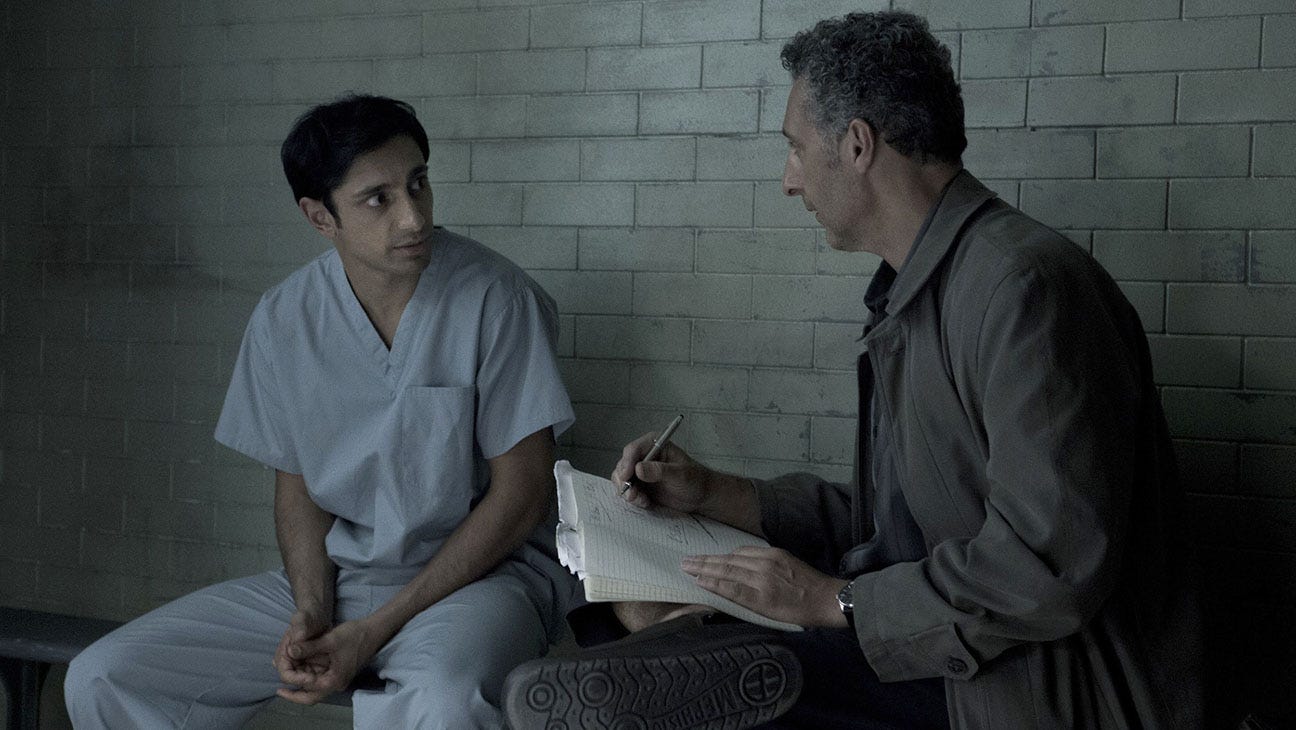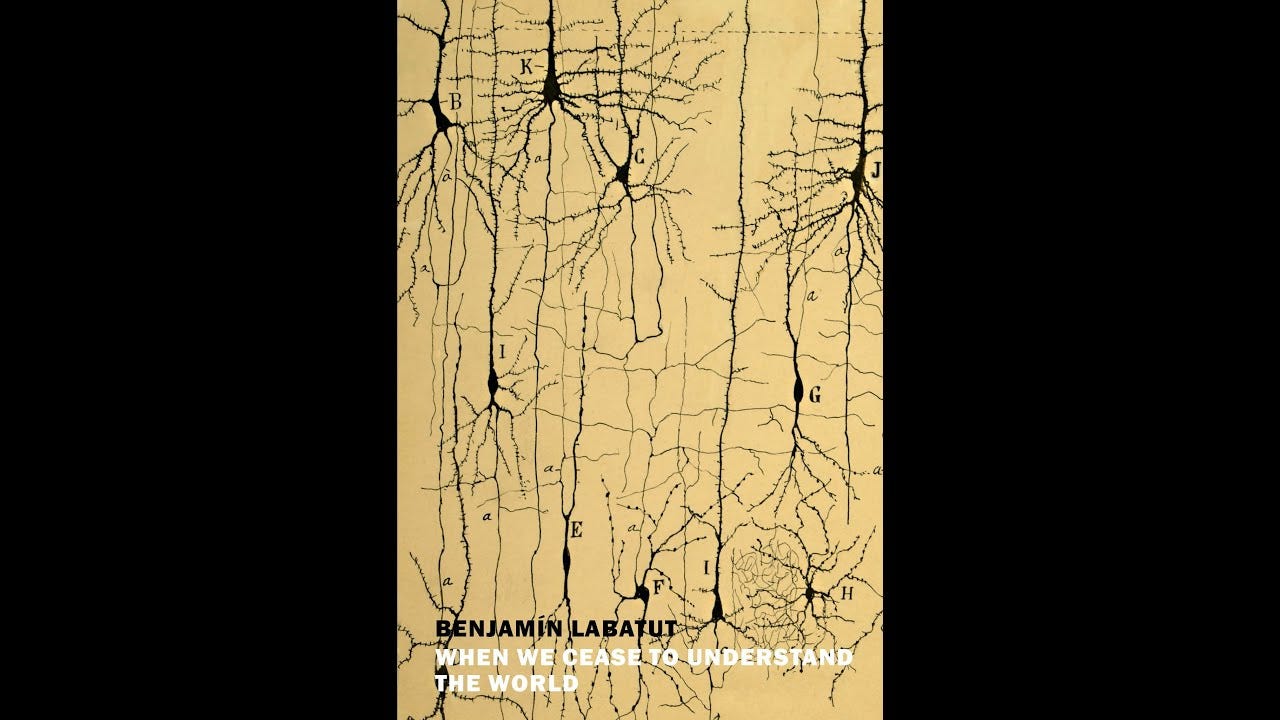The highly-publicized Warner Media/Discovery merger, and its consequences for HBO Max, have thrown ripple effects across the entire streaming ecosystem. Though the prognosis for the platform isn’t as dire as initially expected (they won’t be folding it into Discovery+, thank the lord), the concerns raised about frivolous spending and lack of profitability have made it clear that the golden age of streaming may be coming to an end. Disney+ just announced a price hike and an ad-supported tier, and as content becomes more and more spread out across platforms, the benefits of streaming over cable become less clear. The future of many platforms, and the accessibility of their content, is a bit up in the air, so I thought today I’d highlight three great miniseries on HBO Max, which is for my money the best value streaming service out there, and will hopefully remain so through the upheaval at its parent company.
The Stuff:
I went into HBO’s adaptation of Station Eleven (HBO Max) with a sense of trepidation - the book is one of my all-time favorites, and its dense, timeline-hopping narrative seemed like a daunting narrative. But the show proved up to the challenge, vastly expanding on the source material to create something defiantly alive and vibrant and completely its own. The entire cast is brilliant (I mean, it’s HBO), but the chemistry between Himesh Patel and child actor Matilda Lawler is particularly remarkable. Yes, it takes place during a pandemic, but there’s an undeniable thread of optimism running through the story, as each character resolutely refuses to define themselves by their surroundings, instead giving their all to establishing a real life in the ashes of the world they once knew. It’s those small moments of joy, of uninhibited self-expression, that make Station Eleven to must-see television.
Watch if you’re in the mood for: Colorful cinematography, satisfying multi-arc narratives, the most melodious Irish accent ever?
Few pieces of media have stuck with me quite like The Night Of (HBO Max), a haunting, methodical crime drama following a taxi driver’s son who finds himself in the wrong place at the wrong time. It’s a brutal, thoughtful exploration of the consequences of our criminal justice system, forgoing flashy twists to instead focus on how deeply our process affects the lives of those yet to be convicted. And yet, the central mystery remains compelling - the first episode of this show is one of the best standalone thrillers I’ve ever seen. As it continues to expand and more complications are introduced, the show never loses sight of the human stakes at the heart of this case, making for an empathetic, grounded, and thoughtful viewing experience.
Watch if you’re in the mood for: KING RIZ AHMED, sobering realizations, just the right amount of closure.
Watchmen (HBO MAX) is probably the most ambitious single-season miniseries I’ve ever watched. Over the course of eight episodes it tackles many of our most pressing societal issues (systemic racism, police brutality, white nationalism) while radically recontextualizing our understanding of what a show nominally about superheroes can be. Make no mistake, this is far, far more intricate and fascinating and rewarding than anything Marvel has or will ever put out. It’s a show laden with mysteries and secrets and breathtaking moments of realization, a puzzle box of themes and fables that still succeeds as an action-packed thriller. It’s simply the best miniseries I’ve ever seen (and yes, Teo, maybe that will change when I get around to watching Band of Brothers), and one of the boldest, most thought-provoking shows of our time.
Watch this if you’re in the mood for: Alternate realities, jaw-dropping reveals, facing hard truths.
The Book:
I’ve never read a book like Benjamin Labatut’s When We Cease To Understand the World (Pushkin Press, 2020), which I devoured in a matter of hours on Tuesday. It contains several discrete stories about major scientific breakthroughs in the 20th century, mainly quantum physics, but through a haunting blend of fact and fiction and (through translation) startlingly atmospheric prose, Labatut turns what could be dry subject matter into something otherworldly and absolutely terrifying. As the stories continue, they become less and less grounded in truth, posing quantum mechanics as an almost Lovecraftian menace and mathematicians as the world’s gravest threat. It’s eerie in every sense of the word, a dizzying feat of atmospheric writing from one of the most inventive writers working today.
Read if you’re in the mood for: Expanding your mind, lyrical writing, unique narrative structures.
The Tune:
Outros are often the least relevant part of a song, but when employed correctly, they can be transcendent, using the rest of the song as a launchpad into something truly spectacular. Tibetan Pop Stars, from indie-rock band Hop Along, is one such example - it’s a great song throughout, with thrashing guitars and brutally emotive vocals from the inimitable Frances Quinlan, but it’s the ending that elevates it to something great, all the wailing and screeching culminating in a wonderfully cathartic coda. As she allows herself to admit her own fault in the relationship she’s been singing about, the sonic chaos of the earlier verses resolves into something resolute and steadfast, with lovely harmonies and fuller chords providing a sense of stability. It’s an epic conclusion to an epic song, from a band with a complete grasp of their sound.
See you next week!
Love,
Nick






